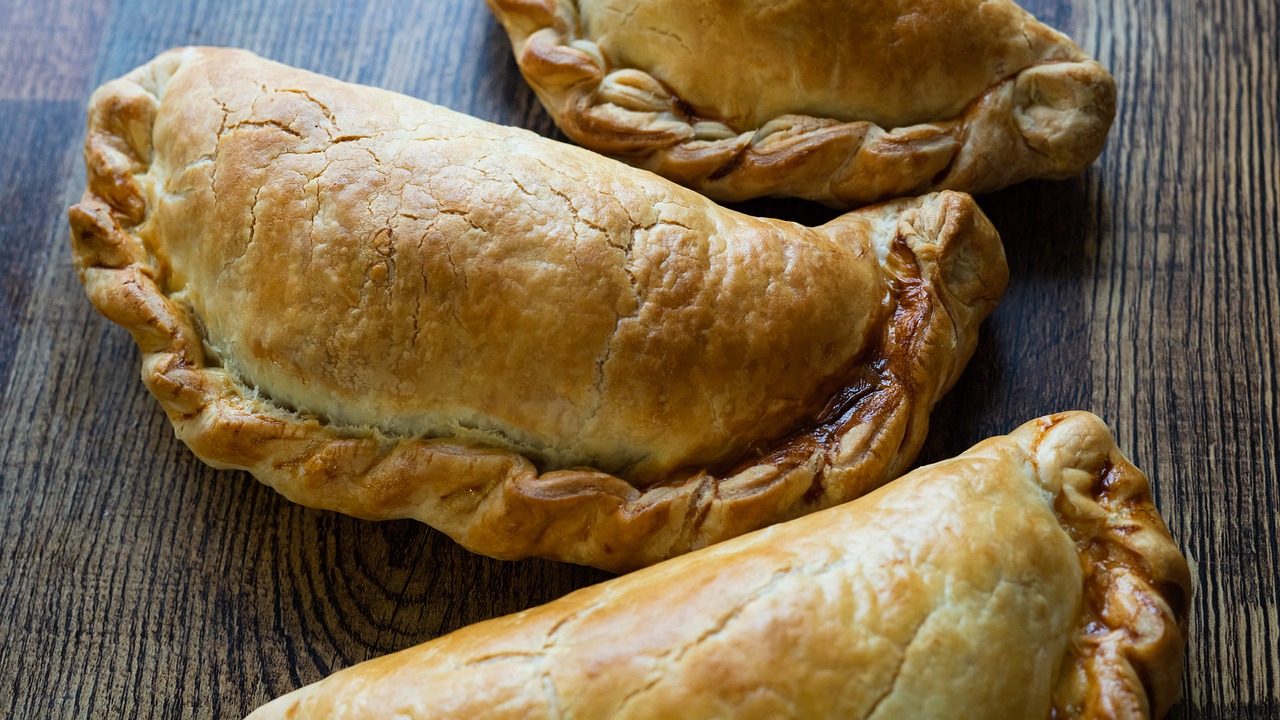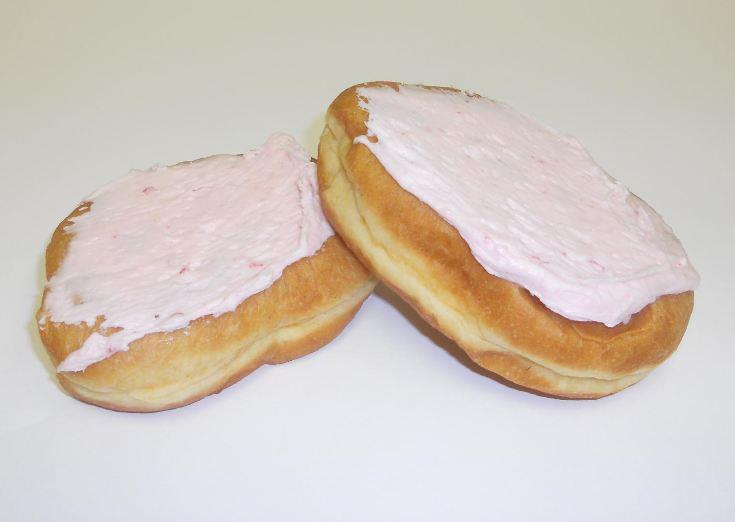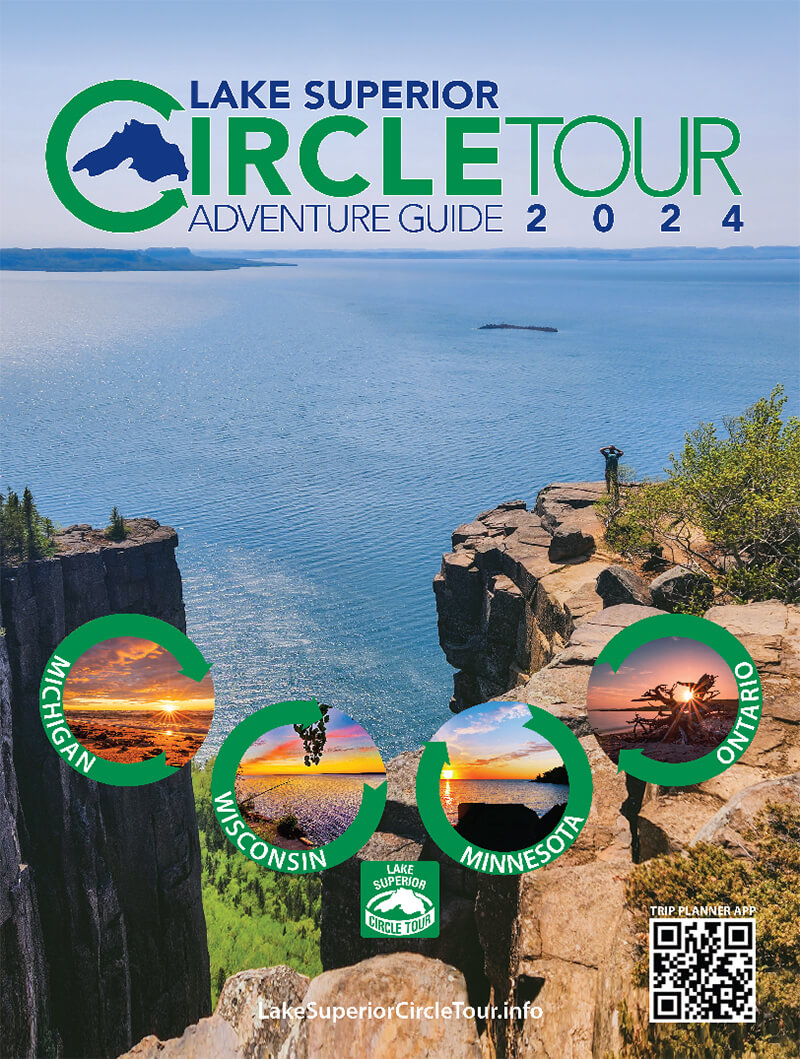The Lake Superior Circle Tour is like entering a linguistic amusement park. Along the way, you’ll encounter a delightful blend of local slang that will leave you giggling and scratching your head. From “Uffda” to “hot dish,” these quirky expressions will have you feeling like a true Lake Superior local (or at least a well-informed visitor). So buckle up, grab your “bubblers,” and get ready for a hilarious linguistic adventure around the greatest lake in the land of 10,000 “ya betchas”!
Minnesota

Uffda: This versatile exclamation can be used to express a range of emotions from surprise to frustration. It’s a quintessential Minnesota phrase that finds its way into everyday conversations. Whether you stub your toe or encounter a particularly juicy mosquito, “uffda” is your go-to expression.
Hot Dish: A beloved culinary creation in Minnesota, the hot dish is a comforting casserole made with a medley of ingredients like tater tots, ground beef, cream of mushroom soup, and veggies. It’s a staple at potlucks and family gatherings, warming hearts and stomachs with each delicious bite.
Ya Betcha: This charming phrase is a hallmark of the friendly and agreeable nature of Minnesotans. It’s a versatile response that can mean “yes,” “you’re welcome,” or simply an affirmation of agreement. So if someone offers you a slice of freshly baked pie, a friendly “ya betcha” is the perfect way to show appreciation.
Duck, Duck, Gray Duck: While the rest of the world plays “Duck, Duck, Goose,” Minnesotans have their own version. In this beloved childhood game, one person is designated as the “it” and goes around tapping the heads of other players, who are all referred to as “gray ducks” instead of “geese.” It’s a unique regional twist on a classic game.

Duluth Pack: Named after the city of Duluth, a Duluth Pack is a type of traditional canvas and leather backpack that is popular among outdoor enthusiasts. It’s known for its durability and has become an iconic item associated with the region.
North Shore: Referring to the scenic shoreline along Lake Superior in Minnesota. The North Shore is known for its stunning landscapes, charming towns, and outdoor activities. It’s a popular destination for hiking, camping, and enjoying the beauty of the lake.
Don’tcha Know: This phrase adds a touch of friendliness and politeness to conversations. It’s often used as a tag question at the end of a sentence, inviting confirmation or agreement. So if you hear someone say, “It’s a beautiful day, don’tcha know,” they’re not questioning your knowledge; they’re just looking for a friendly nod of agreement.
Wisconsin

Cheesehead: Wisconsin is famous for its cheese, and the term “cheesehead” is a proud nickname for Wisconsinites. It originated from the iconic foam cheese wedge hats worn by Green Bay Packers fans during football games. Embrace the cheesiness and wear your cheesehead with pride while exploring the wonders of Wisconsin.
Bubbler: The term “bubbler” is used in Wisconsin to refer to a drinking fountain. So if you’re thirsty during your journey around Lake Superior, simply ask a local where the nearest bubbler is, and they’ll point you in the right direction.
Brat Fry: In Wisconsin, a cookout isn’t complete without brats. A brat fry is a social gathering where friends and family come together to grill up delicious bratwurst sausages. It’s a quintessential Wisconsin experience, so make sure to indulge in this local culinary delight during your visit.
Chequamegon: Referring to the Chequamegon Bay area, which includes cities like Ashland and Washburn. It’s often shortened to “Cheq” (pronounced “check”) and used as a shorthand for the region.
Michigan

Yooper: In the Upper Peninsula of Michigan, residents proudly call themselves “Yoopers.” It’s a term derived from the abbreviation “U.P.,” which stands for Upper Peninsula. Yoopers have a distinct culture and accent, and they embrace their unique identity with pride. So if you find yourself mingling with locals in the U.P., don’t be surprised if you hear them referring to themselves as Yoopers.
Pasty: Pronounced “pass-tee,” a pasty is a traditional hand-held meat pie that originated in Cornwall, England and became popular among miners in Michigan’s Upper Peninsula. It typically consists of meat, potatoes, onions, and sometimes other vegetables, all wrapped in a flaky crust. Trying a pasty is a must-do culinary experience when exploring Michigan’s Upper Peninsula.

Troll: A term used by Yoopers to refer to people from the Lower Peninsula of Michigan. It originates from the fact that Lower Peninsula residents live “under” the Mackinac Bridge, thus resembling trolls from folklore who live under bridges.
Sisu: A Finnish term widely used in the Upper Peninsula, “sisu” represents determination, resilience, and perseverance in the face of adversity. It embodies the spirit of the region and its residents’ ability to endure challenging conditions.
Ontario

Loonie and Toonie: In Canada, the term “loonie” refers to the one-dollar coin, which features a common loon on one side. The two-dollar coin is aptly named the “toonie.” So when you’re in Ontario, don’t be confused if someone mentions paying with loonies and toonies. It’s all part of the Canadian currency slang.
Eh?: Canadians are known for their use of “eh?” in conversations. It’s a linguistic quirk that adds a friendly and inclusive tone to statements, turning them into questions or seeking agreement. So if you hear a friendly Ontarian say, “Nice weather we’re having, eh?” feel free to respond with your own “eh?” and enjoy the camaraderie.
Double Double: If you’re a coffee lover, you’ll quickly become familiar with the term “double double” when ordering coffee in Ontario. It refers to a coffee with two creams and two sugars. So when you visit a local café, be prepared to join the conversation and order your coffee just the way you like it.
Persians: Now, hold on a minute, we’re not talking about the historical empire or the ancient language. Nope, we’re talking about a delectable local delight that will leave your taste buds dancing in delight. Picture this: a fluffy cinnamon bun-like pastry, generously slathered with vibrant pink raspberry frosting. These sugary sensations are known as Persians, and they’re like a party in your mouth.

Gitch: Short for Gitchigami, which is an Ojibwe term meaning “big water” referring to Lake Superior. You might hear someone say, “Let’s head down to the Gitch for a swim!”
The Soo: Another term for Sault Ste. Marie, used by both locals and visitors. It’s a casual and abbreviated way of referring to the city.
The Bush: Referring to the wooded areas and wilderness around Lake Superior, “bush” is a term used to describe the remote and natural landscapes of the region.
These local slang words add a touch of charm and quirkiness to the Lake Superior Circle Tour experience. Embrace the language, have fun with the expressions, and immerse yourself in the unique culture of the region. Remember, being in the know about local slang will make your journey even more memorable and entertaining. So go ahead, incorporate these words into your vocabulary and join in the delightful linguistic adventure around Lake Superior!






